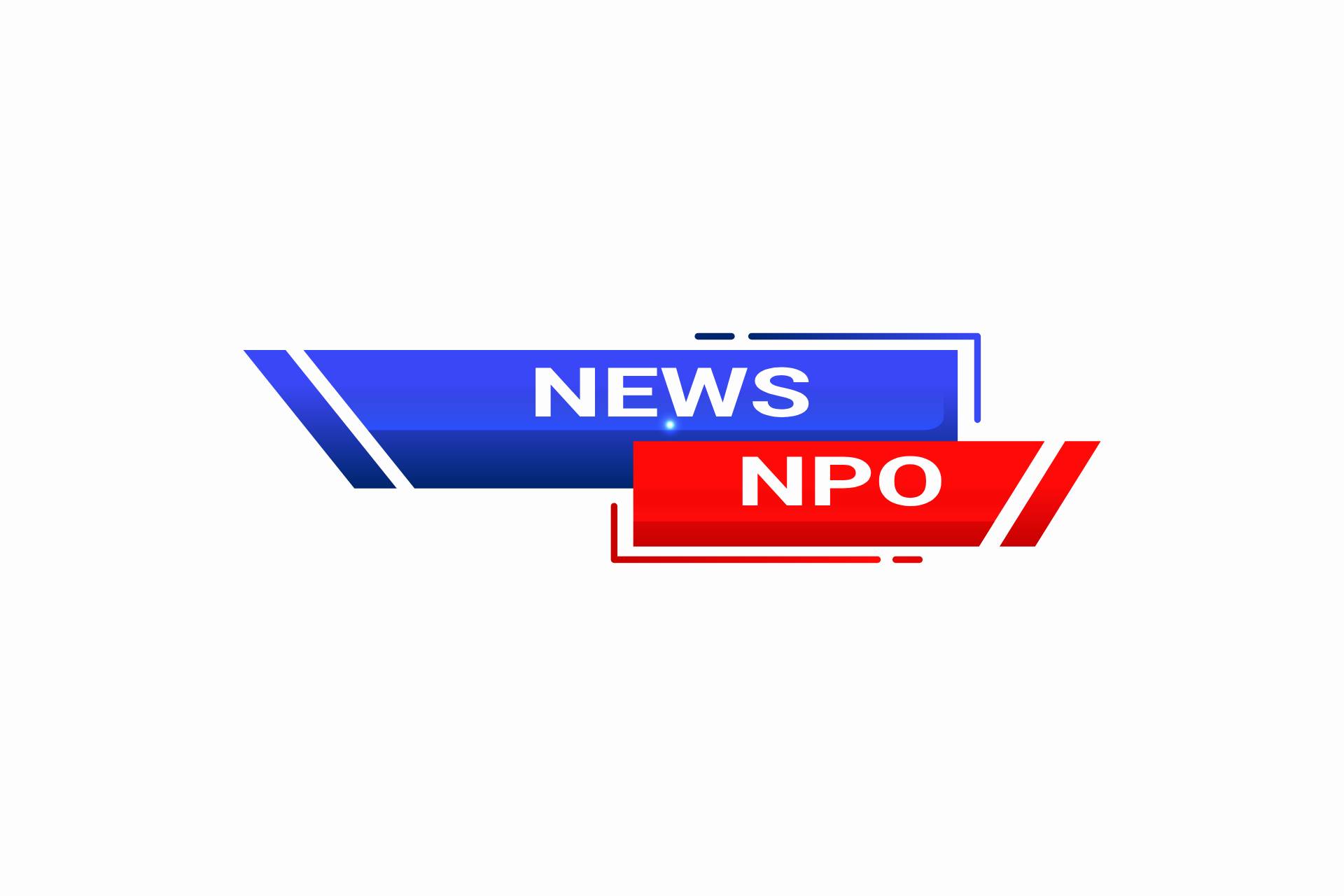Whatever befalls the Earth, befalls the sons of the Earth. You must teach your children that the ground beneath their feet is the ashes of our grandfathers. So that they will respect the land, tell your children that the Earth is rich with the lives of our kin. Teach your children what we have taught our children, that the Earth is our mother. Whatever befalls the Earth, befalls the sons of the Earth. If men spit upon the ground, they spit upon themselves.
-Chief Seattle
Indigenous peoples have long honored our Mother Earth. As the first stewards, Native peoples recognize the delicate relationships human beings have with not only Earth but also the whole universe. Our relationship is reciprocal – we take of the rivers to the cosmos, and everything in between.
We understand that the Earth is the ultimate giver of life and that every rock, tree, animal, plant, and ecosystem have an interconnected spirit – without one, we can’t have the other, as we share more than half of our DNA with many of the flora and fauna.
Native peoples have critically important knowledge systems and practices. The term “Indigenous ways of knowing” has been coined to recognize that the original inhabitants know how to protect and take care of the land. The term acknowledges the special connection Indigenous peoples have with the Earth and our responsibility as the original stewards to take care of and protect the Earth in order for our children and their children to survive and thrive.
“We do not inherit the Earth from our ancestors, we borrow it from our children.”
~ Native Proverb
Native peoples make up 5% of the global population, but they protect 80% of the world’s biodiversity. This means most of all the varieties of animals, plants, and microorganisms that make up our forests, deserts, grasslands, and waters are found on lands that Indigenous people have stewarded since time immemorial.
Yet, while Native peoples have always been the best keepers and ecological stewards of the land, they have been left out of conversations and investments meant to address conservation.
We know the time to include Native voices in climate solutions is now.
First Nations believes that climate solutions lie with the genius of highly resilient peoples who understand the relationship man has with Earth.
We further assert that Native communities bring core competencies to the field of stewardship and conservation that are difficult to match by other environmental organizations. We believe what’s needed to save our Earth is a culture and people approach, one that recognizes the rights of tribes to steward their own lands.
On Earth Day and every day, remember and respond.
As our country devotes a few moments of focus on Saturday to reflect on our Earth and what’s needed to save it, we encourage you to pause to remember. When you are walking along a mountain side or beach front, take the time to acknowledge that you are walking upon the beauty that is this planet. You are walking along the path of our ancestors and prayers. You are stepping upon our ceremonies and origin spaces.
We did not die in masses to let this land be conquered again by unrelenting oil tycoons or ruthless coal manufacturers. We are still here to protect our Mother Earth and will do it until we can fight no more.
Remember, and then respond. First Nations will be sharing news in the upcoming months of our new Tribal Lands Conservation (TLC) Fund, a designated funding vehicle that supports Native-led climate justice and conservation efforts to address the ongoing crisis facing our Mother Earth. It is an opportunity to invest in Indigenous solutions to climate change.
Climate chaos and the destruction of our planet must be addressed immediately if we stand a chance at saving the only home we know. Now is the time to remember, respond, and act.
Watch for more details of the TLC Fund coming soon. And this Saturday and every day, let’s join together in honoring our sacred Earth.

Marisa Page
First Nations Development Officer
Source link





